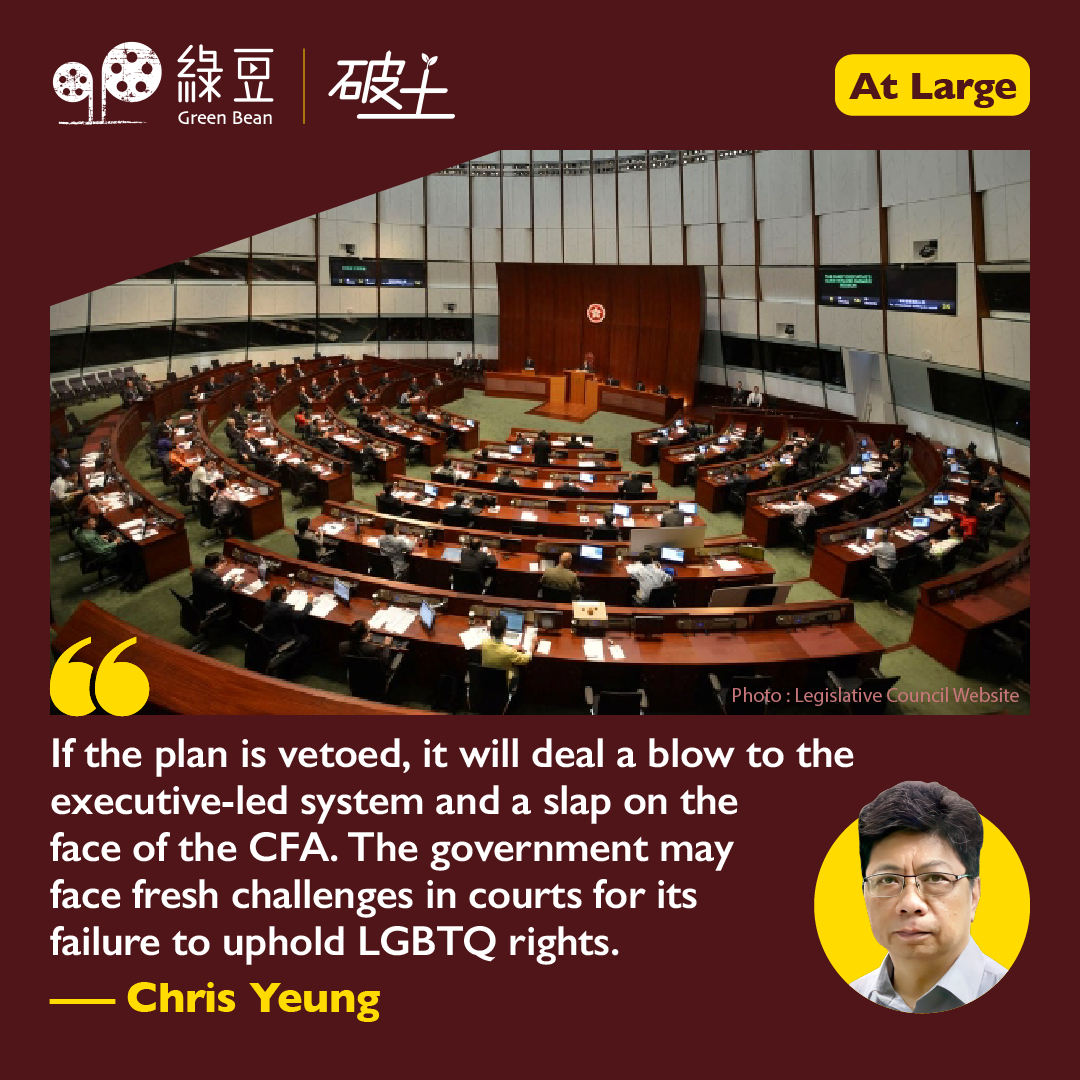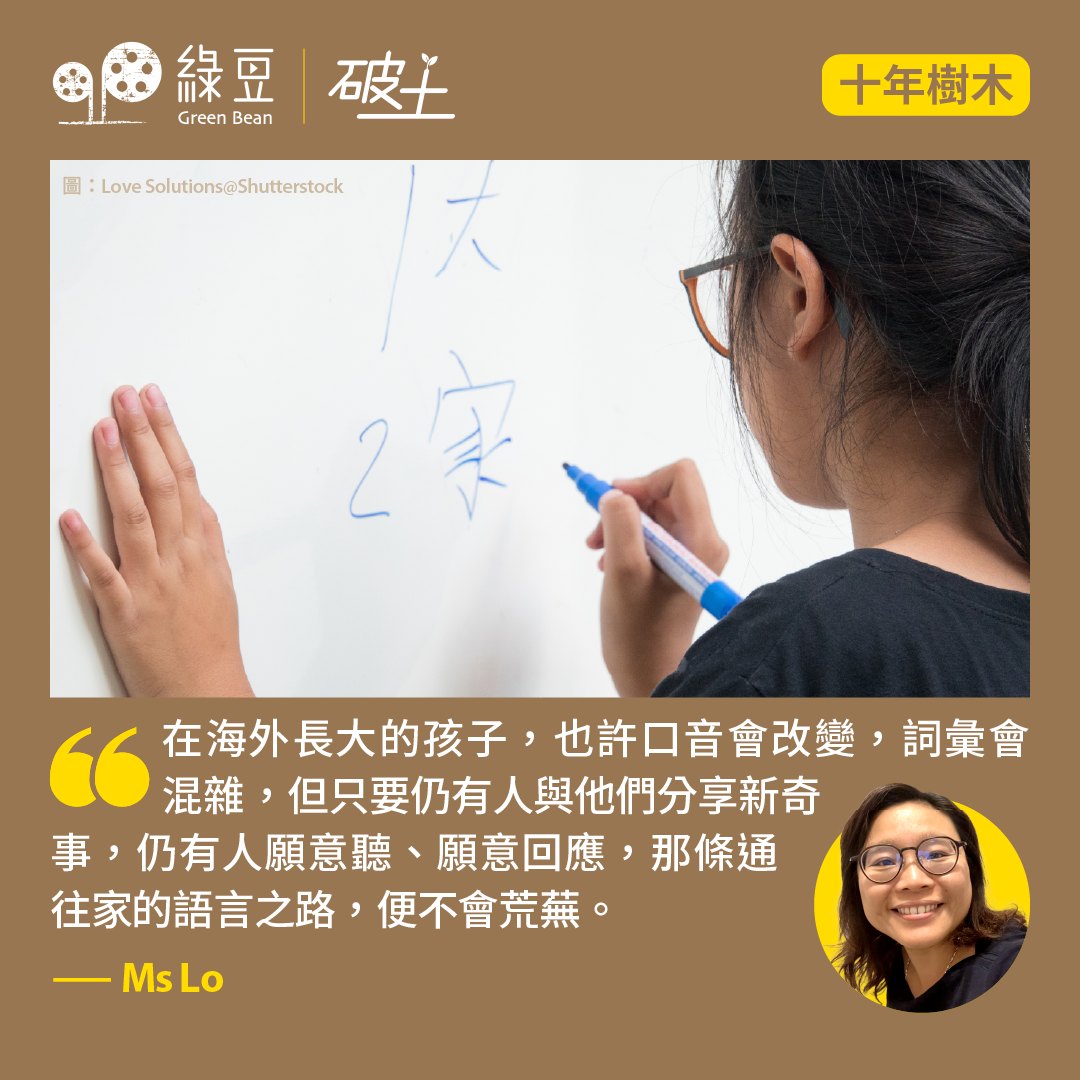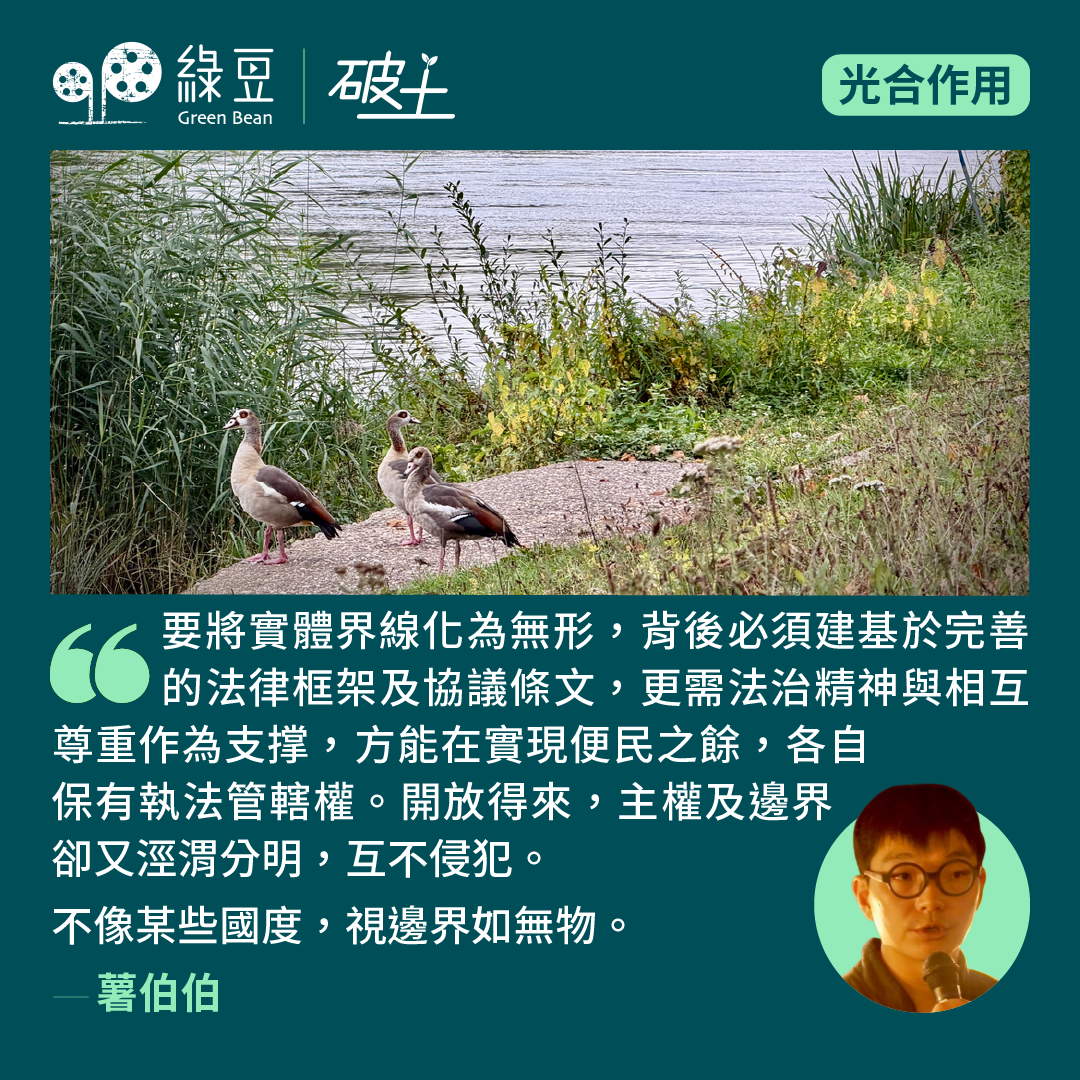Constitutional chaos over plan on same-sex couples’ right surfacing

Signs of constitutional chaos are surfacing in Hong Kong after a majority of lawmakers have expressed opposition to a government proposal aimed to comply with a top court ruling by recognising a limited set of rights for same-sex married couples.
The John Lee administration has only themselves to blame. Their failure to attempt to consult the lawmakers on their proposal before putting it forward in a paper has added fuel to the fire. Worse, it makes a mockery of their repeated vows to foster closer ties with the legislature.
The government has been caught in a political conundrum after the Court of Final Appeal (CFA) found in a landmark ruling in September 2023 they have violated the city’s Bill of Rights by failing to provide some form of legal recognition, such as civil partnerships, for same-sex couples. The Lee administration was given two years to establish a framework recognising same-sex couples’ legal rights, or by October.
In a proposal submitted to the legislature for a meeting on Thursday, same-sex couples could apply to have their relationship recognised in Hong Kong if it were registered in another jurisdiction first. This would grant same-sex couples some rights, such as those related to medical and after-death matters.
By stating in the paper the framework would not be equivalent to marriage in the paper, the government is seeking to avoid the bond of contention, focusing on a practical mechanism for recognising same-sex couples’ rights – as they are obliged to do so in the 2023 CFA ruling.
It was soon proved to be mere wishful thinking.
Major political parties were furious
During the meeting on Thursday, many members in the “all-patriots” Legislative Council slammed the proposal, “calling it an attack on the institution of marriage.” Leaders of major political parties were furious, accusing the government of lacking consultation.
Holden Chow of the Democratic Alliance for the Betterment and Progress of Hong Kong, the city’s largest political party, which has opposed LGBTQ rights, said the government proposal would, in effect, recognise same-sex marriage.
Priscilla Leung of the Business and Professional Alliance accused the courts of taking over the roles of the government and the legislature in its ruling. She vowed to oppose the bill, saying a Legco veto of the government proposal “is consistent” with the rule of law.
Leung said: “It is just not possible for them (the courts) to vote on behalf of us (on the bill).”
Regina Ip, convenor of the Executive Council and chairwoman of the New People’s Party, has emerged as the only political party backing the proposal. She said the government has only done the “minimum” in fulfilling what the court has ordered and that the plan did not cover any rights that might be deemed controversial, such as adoption.
Almost half of the 89-member legislature, including the Federation of Trade Unions and the Liberal Party, have said no to the proposal. Barring U-turns, unexpected at this stage, a veto looks certain.
Mainland and constitutional affairs minister Tsang Kwok-wai said they will study whether opposition in Legco could constitute “compelling reasons” for them to apply a postponement of the execution of the CFA ruling.
No signs of Beijing intervening
As soon as the CFA gave its ruling in 2023, the CFA ruling, the ball was back in the courts of the executive authorities and the legislature. The government’s “minimalist” legislative approach has so far failed to win support, not even sympathy, from the major factions in Legco.
This is plainly because the opponents have never accepted nor respected the CFA ruling. To them, the courts have crossed the “red line” in the sensitive zone of same-sex couples’ rights.
Adding more complexities to the rights’ issue, the ruling has been misconstrued by some lawmakers, including Priscilla Leung, who is a university legal professor, as an attempt by the judiciary to make policies on behalf of the two other branches.
Although Ip has said the suggestion of “judiciary forcing the government” to make LGBTQ-related laws “did not exist” and was “illogical”, the “blame-the-judiciary” sentiments have prevailed in the society, in particular among the pro-establishment and pro-Beijing circles. One of the longstanding criticisms against judges from them is that judges have been accused of being too liberal and supportive of democratic values.
As same-sex marriage is not recognised in the mainland, political correctness seems to have further hardened the stance of the two major pro-Beijing parties, namely the DAB and FTU, on LGBTQ rights.
Intriguingly, the two major Beijing-backed dailies, Ta Kung Pao and Wen Wei Po, have not touched on the government proposal in their editorials as of Saturday. Some columnists in pro-Beijing media have called for a calm debate, saying the government plan was a “middle-of-the-road” solution.
Whether Beijing has a view on the government plan and, if so, what it is, is still unclear. But so far, there are no signs of Beijing intervening through an interpretation of the Basic Law as Junius Ho Kwan-yiu, a legislator, has suggested. The chance of it is slim.
It is only sensible that Beijing prefers the row over the rights of same-sex couples be handled and resolved among the three branches without causing a stir in the society, which will be seen as not conducive to a stable environment for economic recovery.
No sign of a backdown
Following the revamp of the election system and the subsequent disintegration of the pro-democracy force, the central and Hong Kong authorities have hailed the cordial relations and collaboration between the government and the legislature.
The proposal has emerged as the first looming clash between the Lee team and the legislature with the judiciary being blamed by some pro-Beijing figures as the trouble-maker.
If the plan is vetoed, it will deal a blow to the executive-led system and a slap on the face of the CFA. The government may face fresh challenges in courts for its failure to uphold LGBTQ rights.
There is no denying the issue of LGBTQ rights in Hong Kong, like many other places, is controversial. But it is also clear that the advocacy of recognising their basic rights is increasingly accepted in Hong Kong society, in particular the young generations. Ask 10 men or women in the streets, those who support or have no opinion are likely to outnumber the opponents.
The government’s failure in giving basic protection to certain rights of same-sex couples contrasts oddly with its avowed goal of embracing universal values and positioning the city as an international financial centre.
With no sign of a backdown of either the Lee team or the major factions in the Legco at this stage, Beijing may have to take a stance to help break the deadlock soon before the proposal faces a veto at the legislature.
▌ [At Large] About the Author
Chris Yeung is a veteran journalist, a founder and chief writer of the now-disbanded CitizenNews; he now runs a daily news commentary channel on Youtube. He had formerly worked with the South China Morning Post and the Hong Kong Economic Journal.





